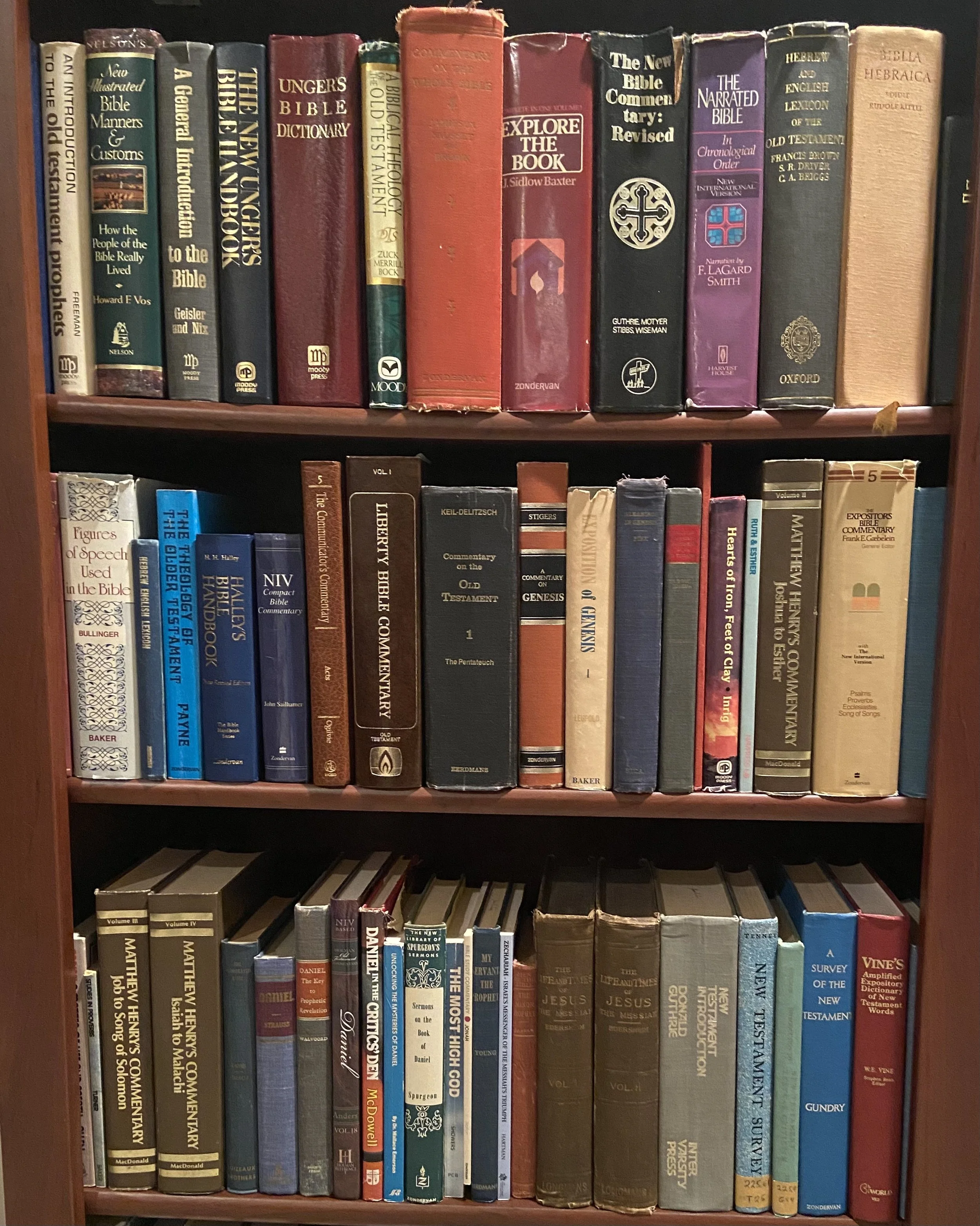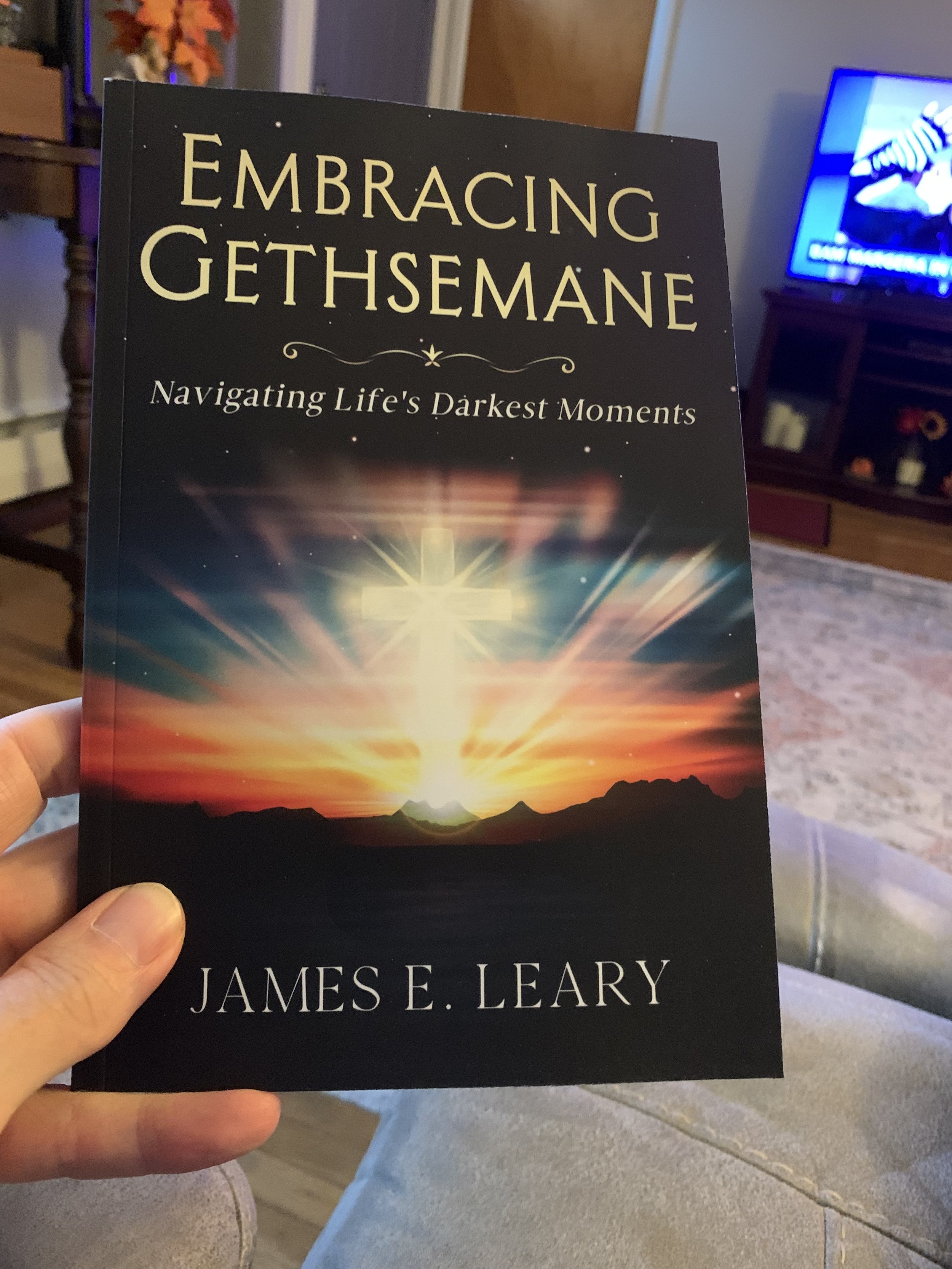There are moments in life when the weight of the world feels unbearable, when our hearts are crushed under the pressure of an inescapable decision, when suffering looms like an unwelcome storm. These moments, which I call "Gethsemane moments," echo the night in the Garden where Jesus faced His own agony, wrestling with His Father’s will. In the garden’s dark stillness, Jesus wrestled with the deepest fears and pain. He knew what awaited Him, and yet, in His anguish, He chose submission to God’s plan. These moments are not confined to history or scripture—they find their way into each of our lives, demanding decisions that will alter the course of our future, defining our faith in ways we could have never predicted.
Gethsemane moments are not simply the trials of life. They are those crucibles where we come face to face with the reality of God’s will and our human frailty. They are the midnight hours when we pray for the cup to pass but know it will not. It’s in these moments that our faith is refined, where we learn that strength is not the absence of struggle but the endurance to stand in the midst of it. As we walk the narrow path, we must look to Jesus in the garden, for He alone shows us how to embrace Gethsemane.
Understanding Gethsemane Moments
A Gethsemane moment isn’t just a difficult season or a hard decision—it’s a moment when our soul is laid bare, and we wrestle with God Himself. It is where our deepest fears surface, where we realize that what we want most may not align with what God has planned. We plead for another way, for a different path, only to hear the echo of silence, calling us to trust.
In the garden, Jesus knew what lay ahead. The cross. The scorn. The abandonment. He knew the physical and spiritual torment that awaited Him, and the thought was overwhelming. Scripture tells us that His sweat became like drops of blood (Luke 22:44). The weight of it all crushed Him in that moment, just as we feel the crushing weight of our own Gethsemane moments. Fear, anxiety, loneliness, even the desire to flee—these emotions are part of our humanity, just as they were part of Jesus’ humanity.
But Gethsemane is more than just a place of fear. It is a place of choice. Jesus could have walked away. He could have chosen to spare Himself the agony of the cross. Yet, He didn’t. He chose to stay, to submit to the Father’s will, to endure what lay ahead. Our Gethsemane moments bring us to that same place of decision. Will we stay and trust God’s plan, or will we run, seeking comfort in something other than His will?
Lessons from Jesus in Gethsemane
We find the roadmap for navigating our own Gethsemane moments In Jesus’ actions. The first lesson is one of submission. Jesus prayed, “Father, if You are willing, take this cup from Me; yet not My will, but Yours be done” (Luke 22:42). It’s a prayer of both desperation and surrender. He wasn’t denying His own desires; He was expressing them fully, but ultimately, He placed His trust in the Father’s will. In our Gethsemane moments, we must come to that same place. We bring our pain, our fear, our desire for another way, but we must ultimately surrender to God’s will, knowing that His plans are higher than ours, even when they lead through suffering.
The second lesson we learn is the power of honest prayer. Jesus didn’t hold back in His prayers; He was vulnerable, pouring out His heart to the Father. Too often, we approach prayer with pretense, hiding our true feelings, as if God cannot handle our anguish. But the garden teaches us that God invites us into honest dialogue. He is not offended by our fears or our doubts. He welcomes them. In our darkest moments, we are called to follow Jesus’ example, to lay everything before the Father in raw, unfiltered prayer.
Jesus also teaches us the importance of community, even in our deepest trials. He brought His disciples with Him, asking them to stay awake and pray with Him. Though they failed Him, falling asleep when He needed them most, their presence still mattered. We are not meant to face our Gethsemane moments in isolation. We need others to stand with us, to pray for us when we can no longer find the words. Community, imperfect as it may be, provides a tangible reminder of God’s presence with us.
Applying Gethsemane Moments to Modern Life
We all have our own Gethsemane moments. For some, it might be the diagnosis of a terminal illness, the sudden loss of a loved one, or the collapse of a marriage. For others, it might be the quiet, internal wrestling with God’s direction for your life—a call to ministry, a decision to move across the country, or the conviction to confront an injustice. These moments are deeply personal, yet they share a common thread: the tension between our desires and God’s will.
How, then, do we navigate these moments? First, we cultivate a heart of prayer. But not just any prayer—the kind of prayer that is raw and honest. The kind of prayer that doesn’t sugarcoat the pain. In our prayers, we are invited to speak plainly to God, to tell Him exactly how we feel. But we must also learn to listen, to seek His will, and to align our hearts with His purpose. It’s in prayer that we find the strength to say, “Not my will, but Yours be done.”
Second, we seek God’s guidance and wisdom. We may not always understand His plans, but we can trust in His sovereignty. As Proverbs 3:5-6 reminds us, “Trust in the Lord with all your heart and lean not on your own understanding; in all your ways submit to Him, and He will make your paths straight.” Trusting God’s wisdom means letting go of our need for control, surrendering our plans, and embracing His purpose, even when the path is unclear.
Finally, we must embrace surrender and trust. This doesn’t mean we resign ourselves to suffering without hope. On the contrary, surrendering to God’s will opens the door to deeper peace and purpose. In Philippians 4:6-7, Paul reminds us, “Do not be anxious about anything, but in every situation, by prayer and petition, with thanksgiving, present your requests to God. And the peace of God, which transcends all understanding, will guard your hearts and your minds in Christ Jesus.” When we surrender to God’s will, we find a peace that surpasses all understanding—a peace that comes from knowing we are in the hands of a loving Father.
Finding Strength and Comfort in Gethsemane
Gethsemane moments are not just about endurance; they are opportunities for transformation. It is in these moments that we come to know God more intimately. We learn to rely on His strength, rather than our own. We develop resilience, not by avoiding suffering, but by trusting in God’s presence through it. As Psalm 23:4 reminds us, “Even though I walk through the valley of the shadow of death, I will fear no evil, for You are with me; Your rod and Your staff, they comfort me.”
In my book, Embracing Gethsemane: Navigating Life’s Darkest Moments, I share stories of people who have walked through their valleys, who faced their Gethsemane moments and emerged stronger for it. One such story is of a man who, facing terminal illness, found peace not in the promise of physical healing, but in the assurance that God would care for his family better than he ever could. His Gethsemane moment was not about avoiding death, but about embracing God’s will and trusting in His care.
In our own lives, we too can find strength and comfort by embracing our Gethsemane moments. It is not easy, and it is not without pain. But as we surrender to God’s will, we find that He provides the strength we need to endure, the comfort we need to persevere, and the hope we need to keep going.
A Call to Action for the Church
The church has a vital role to play in supporting those who are walking through their own Gethsemane moments. Too often, we treat suffering as something to be fixed or avoided, rather than something to be embraced as part of God’s refining work. But if we are to follow Jesus’ example, we must learn to sit with others in their pain, to offer presence rather than solutions, and to pray with them as they wrestle with God’s will.
Churches must become places of refuge for those in the midst of their Gethsemane moments. This means creating a culture of openness, where people feel safe to share their struggles without fear of judgment. It means fostering empathy, where we listen to others’ pain without trying to fix it. And it means becoming a community of prayer, where we regularly intercede for one another, trusting that God is at work even when we cannot see it.
In my own ministry, I have seen the power of community to transform lives. When the church steps into the pain of its people, offering presence and prayer, it becomes a reflection of Christ’s love in the world. It becomes a place where people can find strength and comfort in their darkest moments.
Gethsemane moments will come. They are inevitable in this life. But they are not moments to be feared. They are moments where we have the opportunity to grow, to trust, and to align ourselves with God’s will. Jesus’ example in the Garden shows us the way. He teaches us to pray honestly, to trust deeply, and to surrender fully.
As you face your own Gethsemane moments, remember that you are not alone. God is with you in the garden, offering strength for the journey ahead. Embrace these moments, knowing that they are not the end, but the beginning of a deeper walk with your Savior.
If you're seeking guidance and comfort from Scripture during life's toughest moments, Embracing Gethsemane: Navigating Life’s Darkest Moments could be just what you need. 🙏
You can grab your copy of the eBook or paperback on Amazon. And why not pick up an extra one for a friend who could benefit from it too? Here’s the link: https://amzn.to/4d13EDd
If you enjoy the book, please consider leaving a review on Amazon. Your feedback helps Embracing Gethsemane reach and inspire more readers.
Let’s inspire one another and navigate life’s toughest moments together. 💪❤️
Jim
The Chaplain Writer















